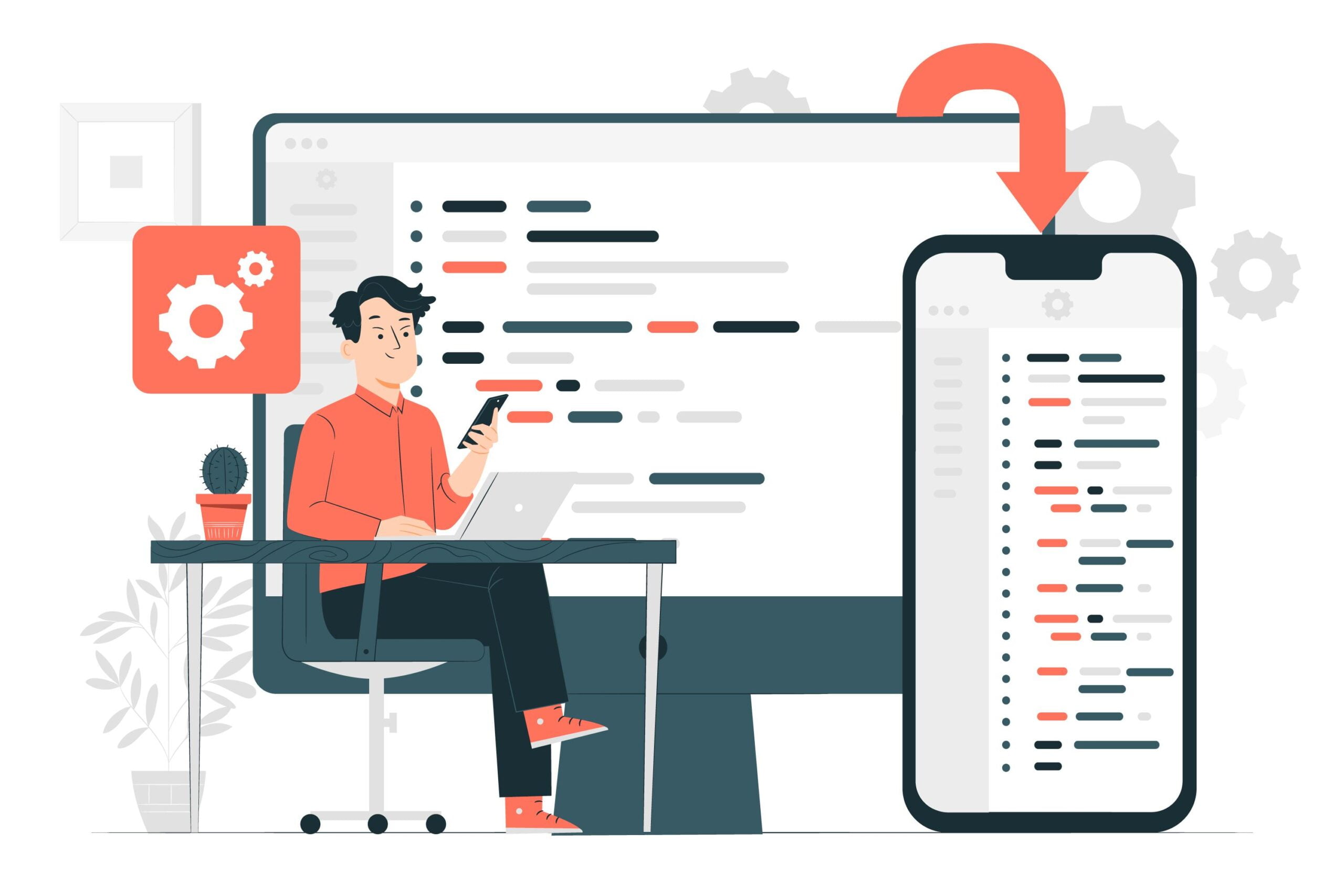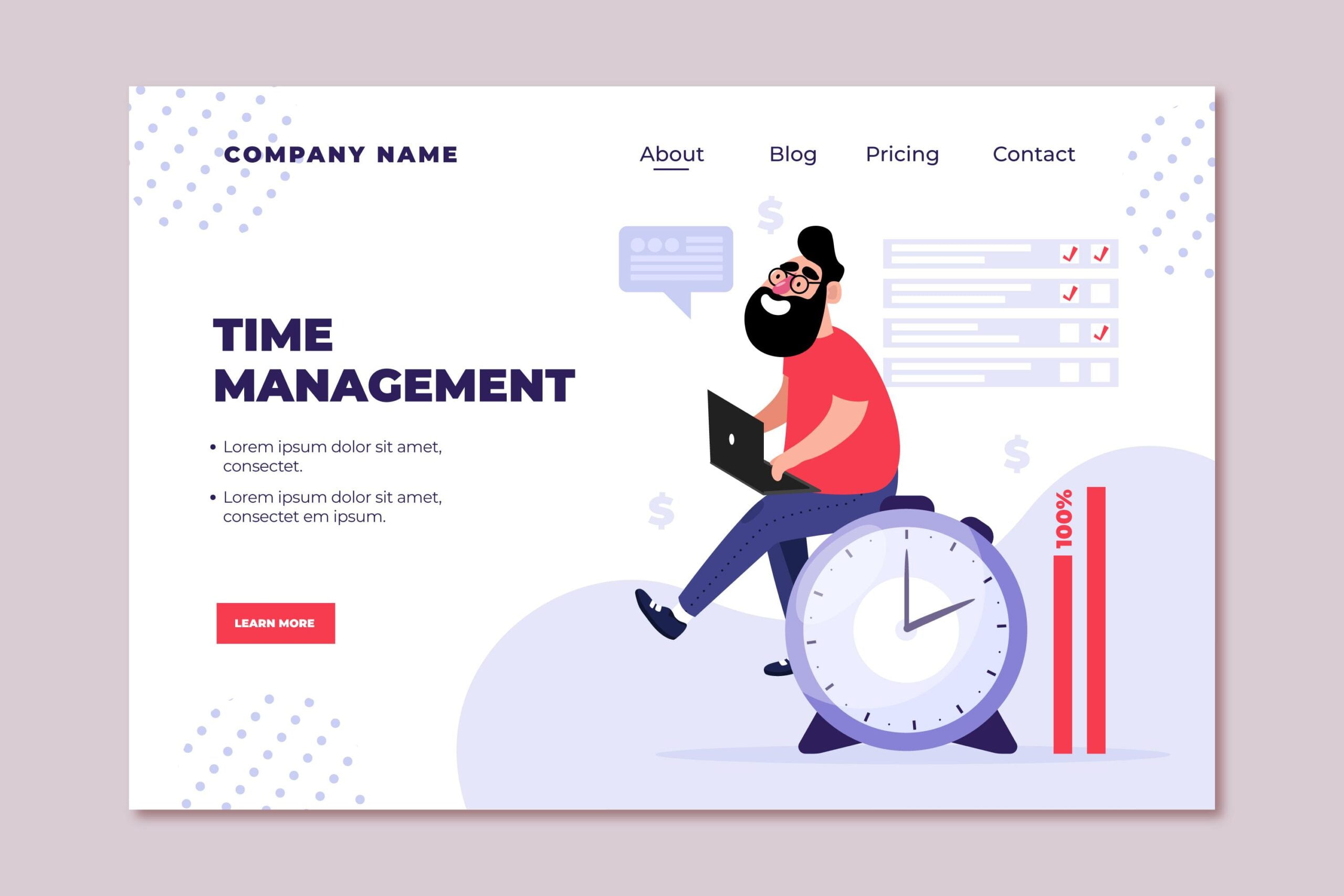Progressive web apps (PWAs) are web applications that use modern web technologies to provide users with a native app-like experience.
PWAs are becoming increasingly popular as they offer several benefits over traditional native apps, including better performance, cross-platform compatibility, and ease of maintenance.
While PWAs can be installed and used on mobile devices without being listed in app stores like the Play Store, there is an ongoing debate about whether PWAs should be allowed in app stores.
Here are some arguments for and against allowing PWAs in the Play Store:
Arguments for Allowing PWAs in the Play Store:
1. Better discoverability: By listing PWAs in the Play Store, users can easily discover and install these apps alongside traditional native apps. This can increase the visibility and reach of PWAs, which may be beneficial for developers.
2. Same experience as native apps: PWAs can provide a similar user experience to native apps in terms of performance, functionality, and design. Allowing PWAs in the Play Store can make it easier for users to find and use these apps.
3. Cross-platform compatibility: PWAs can be used on a variety of devices and platforms, including desktops, smartphones, and tablets. Allowing PWAs in the Play Store can make it easier for users to access these apps regardless of the device they are using.
Read more:-
Fau-G Game On The Google Play Store
Effects On Clearing Google Play Store’s Data
Arguments Against Allowing PWAs in the Play Store:
1. Lower quality control: Unlike traditional native apps, PWAs are not subject to the same quality control standards as Play Store apps. This can potentially lead to security issues, reliability problems, and other quality concerns.
2. Confusing for users: Allowing PWAs in the Play Store can lead to confusion among users who may not be familiar with the concept of PWAs. Users may mistake PWAs for traditional native apps, which can lead to frustration and disappointment.
3. Unfair competition: Allowing PWAs in the Play Store can lead to unfair competition with traditional native apps. Native app developers may argue that PWAs have an unfair advantage as they are not subject to the same app store fees and regulations as native apps.
Points to consider regarding progressive web apps (PWAs) and their potential inclusion in the Google Play Store:
Benefits of PWAs:
1. Cross-platform compatibility: As mentioned earlier, PWAs can be used on a variety of devices and platforms, including desktops, smartphones, and tablets.

This can make it easier for developers to create a single app that works seamlessly across multiple platforms, reducing the need for separate native apps for each platform.
2. Faster development time: Developing PWAs can be faster and more cost-effective than developing native apps.

This is because PWAs use web technologies that developers are already familiar with, and they can be built using a single codebase that works across multiple platforms.
3. Improved user experience: PWAs can provide a fast and immersive user experience, with features like offline access, push notifications, and home screen shortcuts. PWAs can also be designed to look and feel like native apps, making them more familiar and intuitive to users.
Read more:-
Working of Download Count In The Play Store
Get Google Play Store Paid eBooks Free
Concerns About PWAs:
1. Limited access to device features: PWAs have limited access to device features like the camera, microphone, and sensors. This can limit the functionality of PWAs compared to native apps, which have full access to these features.
2. Security concerns: PWAs can potentially be used for malicious purposes, like phishing and malware attacks. This is because PWAs can be accessed through a browser, which can be vulnerable to security exploits.
3. Lack of app store regulation: As mentioned earlier, PWAs are not subject to the same app store regulations and quality control standards as native apps. This can potentially lead to quality issues and security concerns.
Read more:-
Application In PlayStore Helps Earn Money
Productivity Applications On Google Play Store
Conclusion:
In conclusion, the decision to allow PWAs in the Google Play Store is a complex issue with both potential benefits and concerns.
By allowing PWAs in the Play Store, developers can potentially reach a wider audience and provide a better user experience.
However, there are concerns about quality control, security, and potential confusion among users.
Ultimately, the decision to allow PWAs in the Play Store will depend on a variety of factors, including the needs and preferences of users, the goals of developers, and the policies of app store providers like Google.
As PWAs continue to gain popularity, it will be interesting to see how app store policies and regulations evolve to accommodate this new technology.
Overall, there are pros and cons to allowing PWAs in the Play Store.
While PWAs can offer several benefits, including better discoverability and cross-platform compatibility, there are also concerns about quality control and potential confusion among users.
Ultimately, it may be up to app store providers like Google to decide whether to allow PWAs in their app stores.
However, it is clear that PWAs are becoming an increasingly popular way to deliver web-based applications, and as such, it is important for app store providers to consider the potential benefits and drawbacks of allowing PWAs in their stores.



